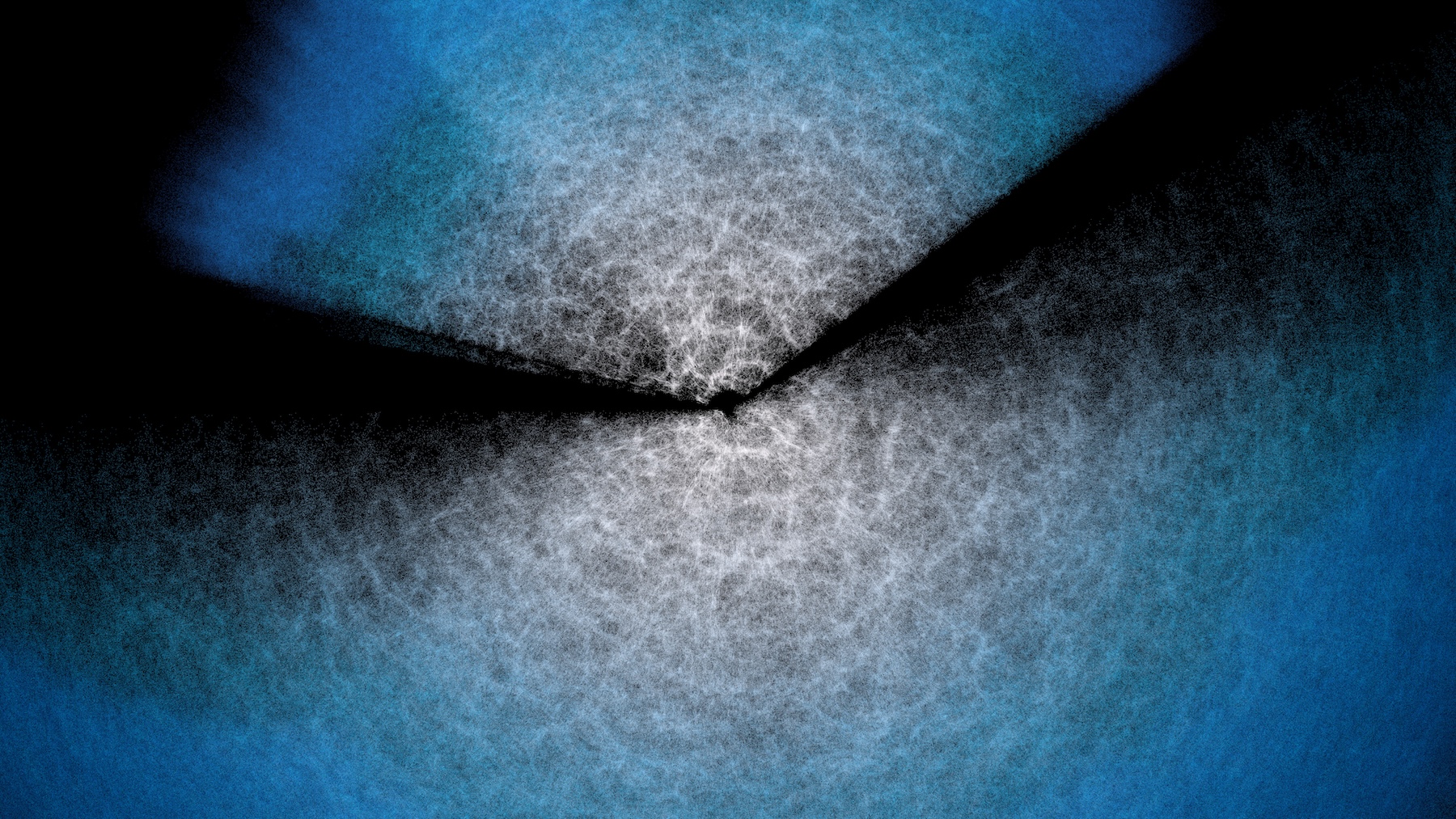The American Astronomical Society (AAS) has announced that the Dark Energy Spectroscopic Instrument (DESI) collaboration, which includes researchers from the University of California, Santa Cruz, in key leadership roles, will receive the 2026 Lancelot M. Berkeley-New York Community Trust Prize for Meritorious Work in Astronomy.
An international experiment with more than 750 researchers from over 70 institutions around the world, DESI is being honored for its work creating the largest 3D map of the universe, enabling the study of the effects of dark energy over cosmic time. DESI is also being recognized for a publication in March encompassing its first three years of operations, analyzing a sample of more than 14 million galaxies and quasars to test the leading cosmological model.
Collaborating professors at UC Santa Cruz include Alexie Leauthaud-Harnett, Connie Rockosi, and J. Xavier Prochaska, all in the Department of Astronomy & Astrophysics. “This prize is a testimony to the incredible success of the DESI team and these potentially paradigm-shifting results on the nature of dark energy,” said Leauthaud, who currently serves as co-spokesperson for the DESI collaboration.
DESI is mounted on the U.S. National Science Foundation’s Nicholas U. Mayall 4-meter Telescope at Kitt Peak National Observatory in Arizona. The state-of-the-art instrument, which captures light from 5,000 galaxies simultaneously, was constructed and is operated with funding from the DOE Office of Science. The collaboration is managed by the U.S. Department of Energy’s Lawrence Berkeley National Laboratory.
DESI’s scientific goal is to constrain possible models of dark energy, the mysterious form of energy that is thought to dominate the universe’s mass-energy content. Over a five-year period, the collaboration has mapped the locations of galaxies and quasars from our cosmic backyard out to 11 billion light years away.
“DESI’s record-breaking map of the universe is transforming our understanding of dark energy and the cosmos itself,” AAS Senior Vice President Dawn Gelino said in an August 26 announcement. “This prize recognizes a monumental collaborative achievement that will guide cosmological models for decades to come.”

